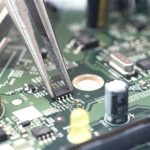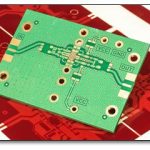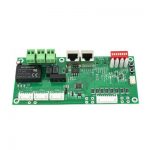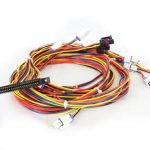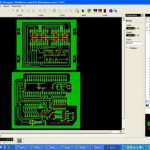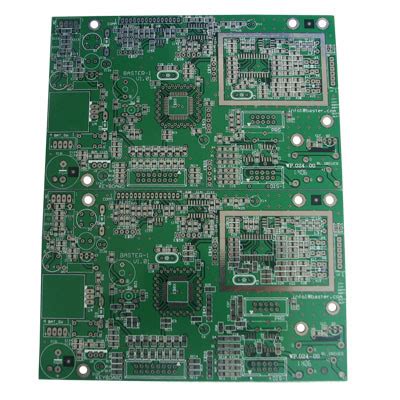
PCB Blog
-
What is HAL lead-free?
Posted by
–
 Read more: What is HAL lead-free?
Read more: What is HAL lead-free?Introduction to HAL Lead-Free Technology HAL Lead-Free is an innovative technology developed to address the growing concerns about the use of lead in various industries, particularly in electronics manufacturing. As the world becomes increasingly aware of the harmful effects of lead on human health and the environment, there is a […]
-
What does the MCU board do?
Posted by
–
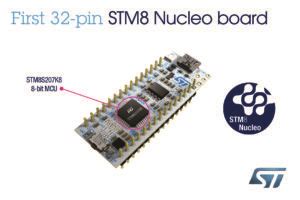 Read more: What does the MCU board do?
Read more: What does the MCU board do?Introduction to MCU Boards and Their Functions An MCU board, or Microcontroller Unit board, is a compact, programmable device that serves as the brain of various electronic systems. These boards are designed to control and manage specific tasks within a larger system, making them essential components in a wide range […]
-
PCB Prototypes 3+3 – Manufactured and Assembled
Posted by
–
 Read more: PCB Prototypes 3+3 – Manufactured and Assembled
Read more: PCB Prototypes 3+3 – Manufactured and AssembledIntroduction to PCB Prototypes Printed Circuit Board (PCB) prototypes are an essential part of the electronics design and development process. PCB Prototypes allow engineers and designers to test and validate their circuit designs before moving into full production. The 3+3 PCB prototype manufacturing process involves creating three PCB prototypes and […]
-
Printed Circuit Board Prototype
Posted by
–
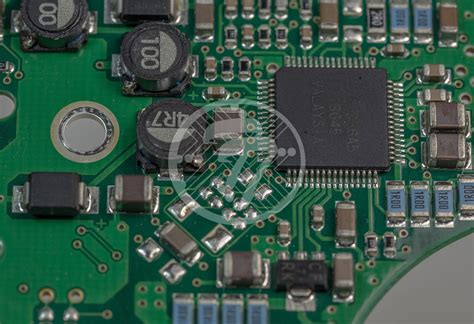 Read more: Printed Circuit Board Prototype
Read more: Printed Circuit Board PrototypeIntroduction to PCB Prototypes A Printed Circuit Board (PCB) prototype is an essential step in the development of electronic devices. It allows designers and engineers to test and validate their designs before mass production. PCB Prototypes are created to ensure that the circuit design functions as intended, and to identify […]
-
PCB Definition Section
Posted by
–
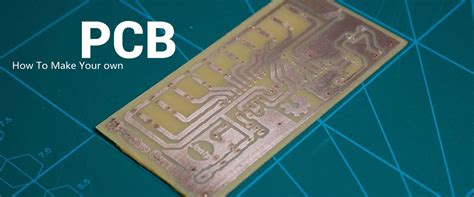 Read more: PCB Definition Section
Read more: PCB Definition SectionWhat is a PCB? A Printed Circuit Board, or PCB, is a fundamental component in modern electronic devices. It is a flat board made of insulating material, typically fiberglass or composite epoxy, with conductive pathways etched or printed onto its surface. These pathways, also known as traces, connect various electronic […]
-
Try PCB Prototype for Free
Posted by
–
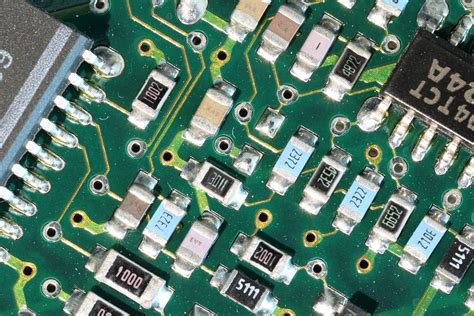 Read more: Try PCB Prototype for Free
Read more: Try PCB Prototype for FreeWhat is a PCB Prototype? A PCB Prototype is an early version of a printed circuit board used for testing and validation before mass production. It allows designers and engineers to physically test their circuit design, check for any issues, and make necessary revisions. PCB Prototyping is an essential step […]
-
Rayming Introduces – PCB Prototype 3+3 Service
Posted by
–
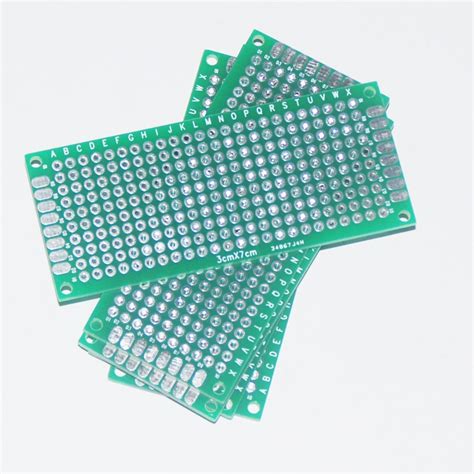 Read more: Rayming Introduces – PCB Prototype 3+3 Service
Read more: Rayming Introduces – PCB Prototype 3+3 ServiceWhat is a PCB Prototype? A PCB prototype, short for Printed Circuit Board prototype, is a preliminary version of a PCB design used for testing and validation before mass production. It allows engineers and designers to physically test the functionality, performance, and reliability of their PCB design in real-world conditions. […]
-
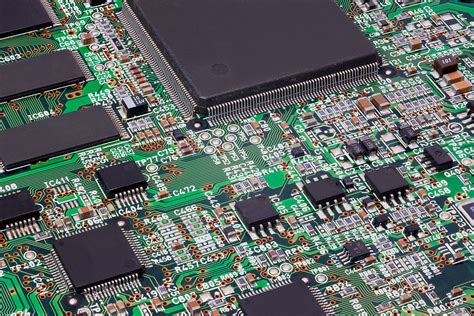 Read more: PCBA Services – How to Order Assembled Prototypes & Small Series.
Read more: PCBA Services – How to Order Assembled Prototypes & Small Series.What is PCB Assembly? PCB assembly, or PCBA, is the process of soldering or mounting electronic components to a printed circuit board (PCB). The PCB provides the conductive pathways between components. PCB assembly turns the bare board into a functional electronic device ready for installation in an end product. PCBA […]
-
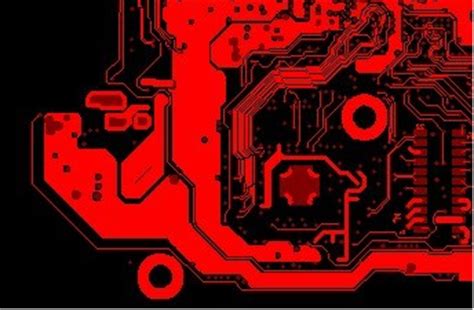 Read more: What is the difference between Gerber and Gerber X2 files?
Read more: What is the difference between Gerber and Gerber X2 files?Introduction to Gerber Files Gerber files are the standard file format used in the printed circuit board (PCB) industry for designing and manufacturing PCBs. They contain all the necessary information required to fabricate a PCB, including the copper layers, solder mask, silkscreen, and drill data. Gerber files are named after […]
-
Plated Gold Edge Connectors
Posted by
–
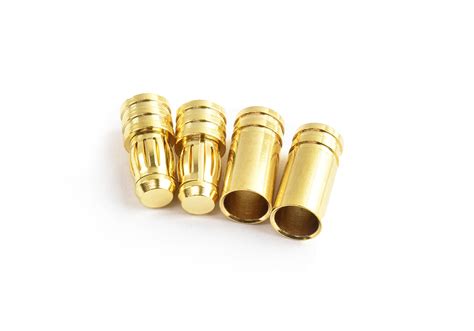 Read more: Plated Gold Edge Connectors
Read more: Plated Gold Edge ConnectorsWhat Are Gold-Plated Connectors? Gold-plated connectors are electrical connectors that have a thin layer of gold applied to their surface through a process called electroplating. The gold plating provides several benefits to the connector, including: Improved corrosion resistance Enhanced electrical conductivity Reduced contact resistance Greater durability and reliability Gold is […]
Recent Posts
- Best Practices to Ensure the Correct Component Orientation by Optimized assembly PCB board!
- Build a New Product quickly with PCB Assembly Prototyping – A Brief Guide!
- Can you provide complete PCB box-build services?
- Tips for Choosing the Perfect Cable Assembly Manufacturer!
- Top 10 Best PCB routing practices!
Categories
- PCB Blog 835
